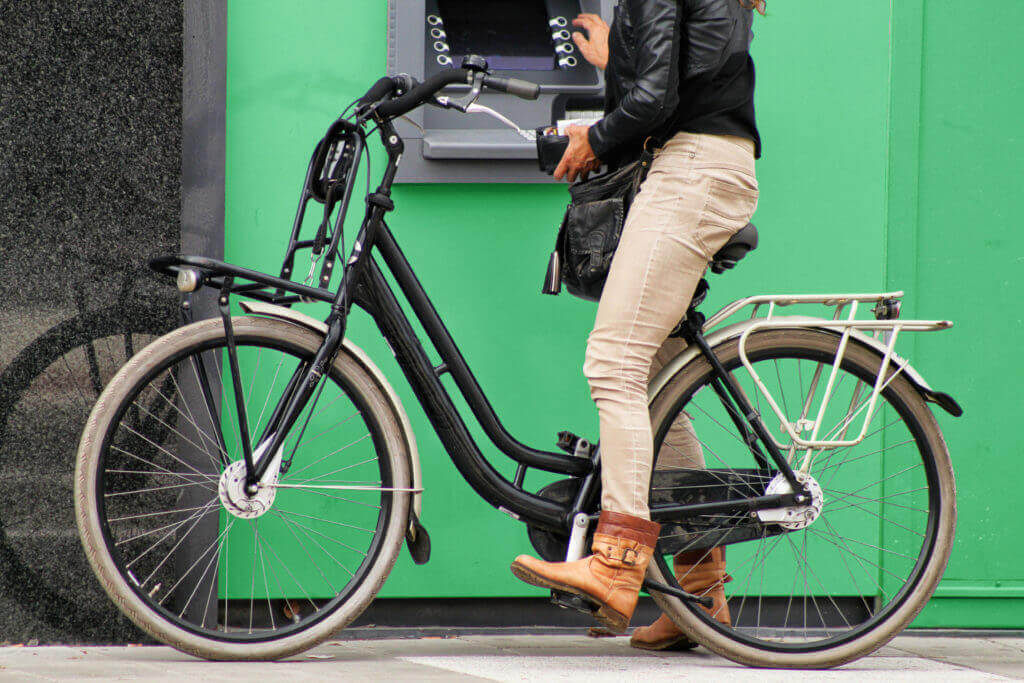Small and big banks usually offer an overdraft limit which ranges from $100-$1,000 depending on the income of the account holder. Here’s an at-a-glance guide to overdraft limits and fees for some of the top bank accounts.
Chime
Unlike traditional financial institutions, Chime has no unnecessary fees including hidden fees, monthly fees, overdraft fees, service fees, minimum balance requirements or fees, card replacement fees, transfer fee, or in-network ATM fees. So that means you get to keep more of the money you deposit without having to worry about fees.
Chase Bank
Chase Bank or JPMorgan Chase & Co. charges an overdraft fee of $34 per transaction and an overdraft limit of three settlements per day. This means you can be charged a total of $102 in overdraft fees per day.
Chase offers overdraft protection so you can link your savings account to your checking accounts. However, it doesn’t apply its standard overdraft protection services for a purchase that costs $5 or less or for an overdraft of $5 or less.
Wells Fargo
Wells Fargo charges its account holders a standard overdraft fee of $35 per transaction with a maximum of four settlements daily that can reach up to $140. Account holders can connect two backup accounts to their chief checking account with a regular charge fee for transfer fees.
U.S. Bank
U.S. Bank has a detailed overdraft fee structure. If you overdraw your account by $5, U.S. Bank will not charge an overdraft fee. But if you overdraw your account by $5.01 or omre, you’ll pay $36 for overdraft fees, up to four fees per day. This means you could pay $144 in overdraft fees daily. You can connect your savings account to your checking account for overdraft protection but this may mean paying up to $12.50 per transfer, depending on which account you have.
BBVA Compass
BBVA Compass offers several ways to manage and monitor your accounts to avoid overdraft fees, including banking alerts. The Overdraft Payment and Protection Programs also include Linked Account Overdraft Sweep Service, Overdraft Protection Line of Credit, and Courtesy Overdraft Option.
PNC Bank
PNC lets you take advantage of overdraft protection when you link your checking account to another savings, checking, money market account, personal line of credit, or credit card account.
Overdraft protection is less expensive than PNC’s standard overdraft fee of $36. PNC also limits you to four overdraft fees daily. And the bank declines ATM and one-time debit card transactions with no charge if your account balance is low.
SunTrust Bank
SunTrust Bank offers overdraft assistance, Overdraft Coverage and Overdraft Protection to help keep your balance in the black.
With Overdraft Coverage, you can make ATM or debit card transactions daily even with insufficient funds in your account. However, the bank will charge an overdraft fee of $36 for each purchase with a maximum of six settlements a day. SunTrust will not penalize you if the overdraft and returned item fees are below $5.
Overdraft Protection service guarantees that no overdraft or declined transactions will post once you opt in. You have to link your SunTrust checking account to a SunTrust savings, money market, credit card, or line of credit account to transfer funds. There’s a $12.50 fee for each transfer but you can avoid the charge by depositing funds to cover the overdraft on the same business day.
Bank of America
Bank of America won’t approve ATM withdrawals or debit card purchases if there are inadequate funds in your account. The bank also offers two overdraft options for processing check payments. The first option is paying a standard overdraft fee of $35 for every overdraft or declined transaction with a limit of four per day. The Decline-All option is also a $35 fee per item, but the bank won’t authorize purchases that will lead to an overdraft.


